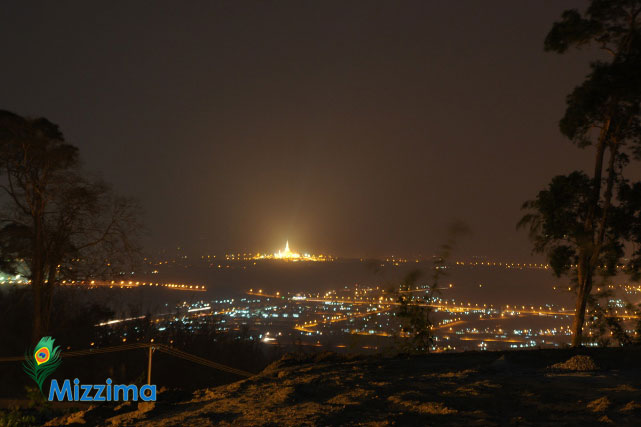Myanmar has come a long way in a short time. Just a few years ago it was a pariah nation and a failed state. Today we see multinational companies lining up to bid for tenders while the country’s few hotels are bursting at the seams with foreign tourists.

The name of our capital, Naypyitaw, is almost unknown around the world. However, this city built so recently from dust by the former military junta will next week find itself in the spotlight of international media for the first time when it hosts the World Economic Forum. The WEF will stand as the artificial city’s first test ahead of the Southeast Asian Games in December and, the following year, the city will host an array of conferences and summits as Myanmar takes the chair of ASEAN for the first time.
Of the three international events, the SEA Games will prove the largest logistical headache. Naypyitaw is not exactly comparable to London, Tokyo or Paris with regard to excitement. It is a soulless, barren shell of a city, devoid of historical interest, culture, tourist sites, nightlife and nature.
When international economists, diplomats and journalists fly in this week, it will take more than a Welcome to Naypyitaw banner at the airport and an avenue of freshly pruned rosebushes to impress them. Many will expect to go for a walk in a park, take photos of ancient monuments; journos will ask the concierge for directions to the best wine bar in town or a recommended restaurant for fusion cuisine.
Many cities and countries have come undone hosting international events. Colombia suffered the indignity of cancelling the World Cup in 1986 when rebels brought the government to its knees; Montreal had to postpone the opening of the Olympic Games in 1976 after construction workers at the Olympic stadium went on strike. In short, if anything can go wrong, it will.
In saying that, the British Olympic Association announced last Thursday that they had made a profit of £30 million from hosting the games last summer. And that does not include the money that locals made from tourism. Nowadays these events can serve not only as a good excuse to decorate the streets and build infrastructure, but they pay for themselves in TV rights and advertising.
The WEF will be an early warning signal to the authorities that much has yet to be done, not only in terms of infrastructure, but in presenting Naypyitaw to the outside world.
We can rely on our citizens to provide that special Burmese hospitality and a warm welcoming smile to all visitors. But we must also allow them opportunities to provide hotels, transport, entertainment and dining options.
Let’s finally make Naypyitaw a capital we can be proud of!


